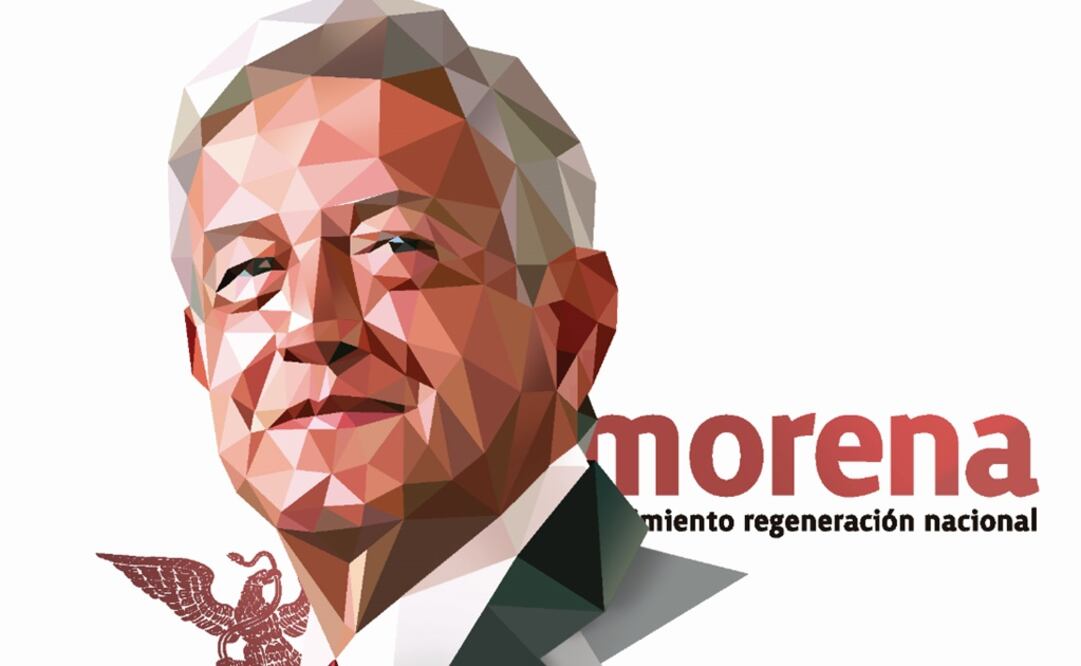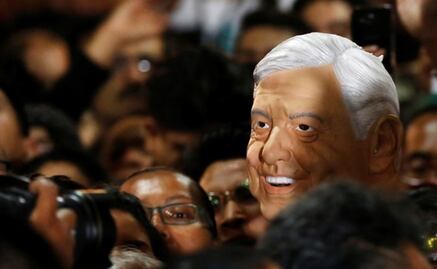Más Información

Brasil asume representación de intereses diplomáticos de México en Perú; custodiará instalaciones de Embajada

“El Botox” ingresa al CEFERESO El Altiplano; es acusado de delitos contra la salud, extorsión, homicidio
Less than a week after the overwhelming victory of Andrés Manuel López Obrador and his Movement for National Regeneration ( Morena ) party in Mexico, there is a widespread debate about the reasons behind the electoral results and more relevant, the program of the first leftist government in Mexico since the inauguration of President Lázaro Cárdenas del Río in 1934 .
On the basis of what has become a mantra of AMLO, as the future president is popularly known, one could safely say that the high levels of corruption in the public and private spheres drove Morena and its coalition partners, the Workers Party ( PT ) and the Social Encounter Party ( PES ), into power.
Others stress the urgent need to overhaul the so-called “ war against drug trafficking ”, following the death of nearly 250,000 people since the conservative government of Felipe Calderón in 2006, an unbearable problem that will be tackled, according to one of the most polemical campaign proposals from AMLO , with an offer of amnesty for the repentant drug lords.
The problem will be solved in the long term implementing social and economic plans for the impoverished rural areas, he said.
On the mainstream media, it is more difficult to find analyses about the poverty, the social inequality and the low economic growth affecting more than half (53 million ) of the population and this issue should lead us to key questions surrounding Morena’s triumph and its future projects.
Is Mexico witnessing the end of the neoliberal paradigm imposed during the 80s after the exhaustion of social democratic inspired policies? Is Mexico joining the club of nationalist regimes headed by strongmen such as Vladimir Putin , Xi Jinping , and Recep Tayyip Erdogan ?
The conditions are ripe for a new chapter of authoritarianism, critics say, after Morena and its allies garnered 53.18% of the vote, besting the coalition of the National Action Party ( PAN ) by 31 points and that of the Institutional Revolutionary Party ( PRI ) of President Enrique Peña Nieto by 37 points.
It is worth noting that these are unprecedented margins since no president in the last 30 years has won in Mexico by more than 18 points.
Legislative majority
Morena coalition
took the majority in Congress , with upwards of 70 of the 128 Senate seats and 314 of the 500 seats in the Chamber of Deputies .
It also won the election for the Mexico City mayor , as well as four of the eight governorships and 19 of the 25 state Congresses in play.
No wonder that these same critics, who highlighted in past years the need of strategic parliamentary alliances to guarantee the approval of reforms, even suggesting the creation of the prime minister post, now do not want to discuss the issue.
Pundits
are also debating the future of PRI , which governed the country from 1929 to 2000 and again for the last six years, a rule interrupted only by the PAN from 2000 to 2012.
The priority for the PRI leaders, it seems, is avoiding a stampede of party cadres and militants to Morena; after all, AMLO’s political career in the PRI began in Tabasco as a local official, where intellectual and progressive state leader Enrique González Pedrero exerted a deep influence in the young López Obrador.
For its part, the remains of AMLO’s former party, the Party of the Democratic Revolution ( PRD ) would probably seek an accommodation in Morena, having lost its main outpost in Mexico City, while the PAN, divided by the presidential candidacy of Ricardo Anaya and its “unnatural” coalition with PRD and Citizens Movement (MC), has embarked in a soul-searching period.
Both PRD and PAN joined Peña Nieto’s “ Pact for Mexico ,” the parliamentary mechanism which allowed the privatization of energy and telecommunications industries, as well as the revamping of the education system .
Regarding the energy sector reform, considered one of the more remarkable achievements of Peña Nieto—and a source of popular unrest due to the “ gasolinazo ” or gasoline price liberalization —there is concern among foreign companies and investors that once in office López Obrador would decide to go beyond his plans to scour oil exploration and production contracts for potential graft, but also to favor Mexican firms.
For the moment, they find relief in the cordial meetings held between López Obrador and business tycoons represented by the Mexican Business Council , including one-time AMLO nemesis Claudio X.
González and Alejandro Ramírez, without failing to mention the lessons from Brazil, a sister nation where in their opinion former President Luiz Inácio Lula da Silva squandered his political capital, converting the state-oil company Petrobras into a “trough” for partisan cronies.
Edited by
More by
Noticias según tus intereses
[Publicidad]
[Publicidad]














